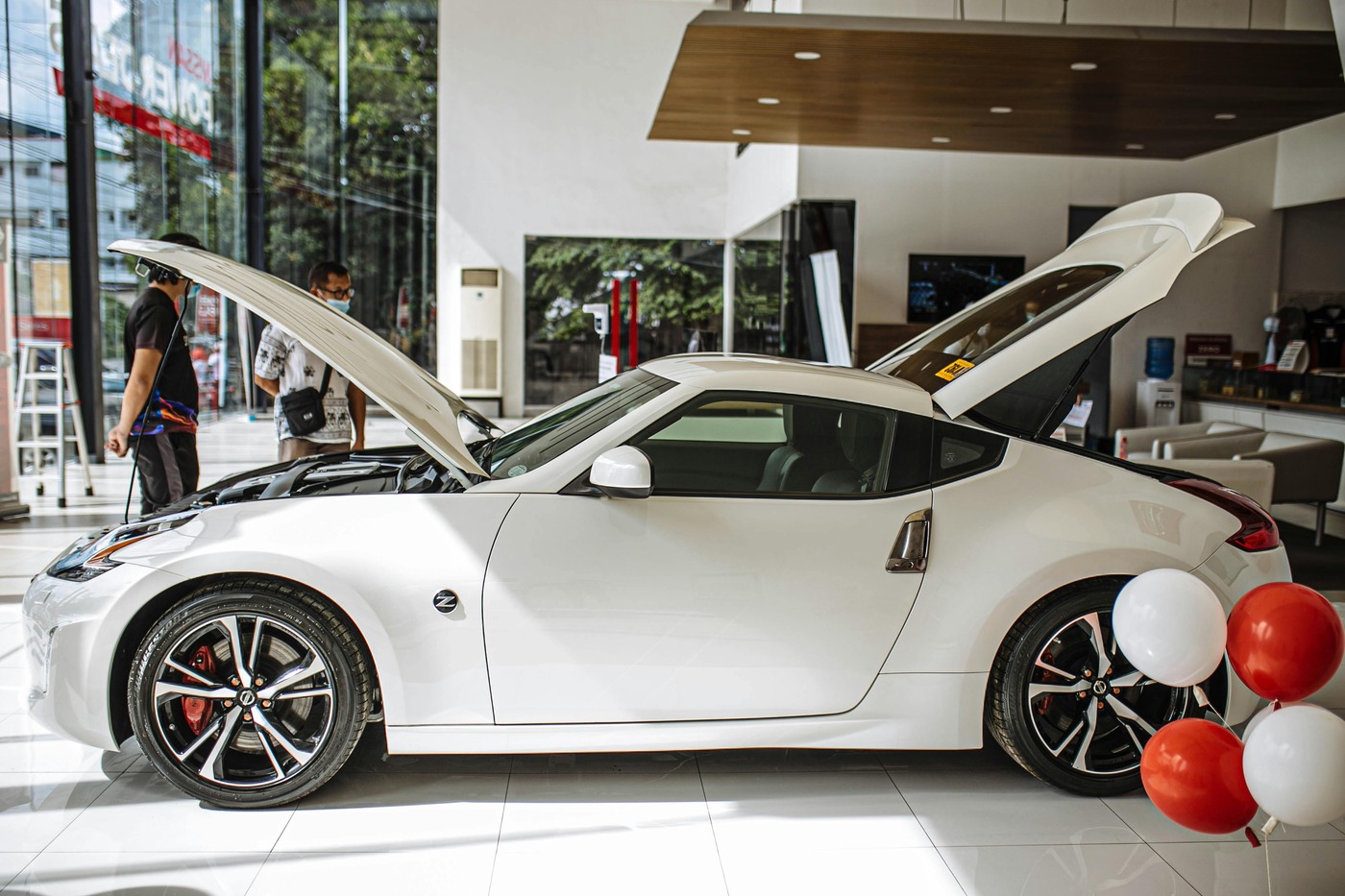Some expenses feel like smart money moves at the time—but end up being a complete waste. People often justify these purchases as “investments” or “life upgrades,” only to realize later that they drained their wallets without adding real value.
It’s easy to fall into these spending traps, especially when marketing makes them sound like must-haves. Here are ten things people waste money on while thinking they’re making a smart choice.
1. Extended Warranties on Cheap Items

At checkout, you’re often asked if you want to add an extended warranty. It sounds like a responsible choice—protect your purchase in case it breaks. But in reality, these warranties are rarely worth the money, especially for low-cost items like appliances, electronics, and furniture.
Most products either break within the standard manufacturer’s warranty or last well beyond the extended warranty period. Instead of paying for unnecessary coverage, put that money into an emergency fund to cover repairs if they ever come up.
2. Brand-New Cars

Buying a brand-new car feels great, but financially, it’s one of the worst moves you can make. New cars lose thousands of dollars in value the moment you drive them off the lot. In just a few years, that “investment” is worth far less than what you paid.
A gently used car that’s two or three years old gives you the same reliability without the steep depreciation. If you finance a new car, you’re often paying interest on something that drops in value every day—hardly a smart money move.
3. Buying a Bigger House Than You Need

A bigger house might seem like a good investment, but it comes with hidden costs. Higher mortgage payments, increased property taxes, bigger utility bills, and more maintenance expenses all add up. Many people stretch their budgets to afford a home that’s much larger than necessary.
Instead of focusing on square footage, consider what you actually need. A well-designed smaller home can be just as comfortable without the financial strain. Plus, the less you spend on housing, the more you can put toward retirement or experiences that actually improve your life.
4. Buying a “Forever” Wardrobe

Spending big on timeless, high-end clothing seems like a smart way to avoid fast fashion. But most people overestimate how long they’ll actually wear certain pieces. Styles change, bodies change, and expensive clothing still wears out over time.
Instead of splurging on designer brands, invest in well-made, reasonably priced staples. You can still build a high-quality wardrobe without overspending on name brands that don’t deliver extra value.
5. Subscription Overload

Monthly subscriptions feel cheap at first, but they quickly add up. Many people sign up for multiple streaming services, fitness apps, beauty boxes, and memberships they barely use. It’s easy to lose track of these small recurring charges.
A smarter move is to audit your subscriptions every few months. Cancel the ones you don’t use regularly and find alternatives for the ones you can live without. Many free or lower-cost options provide similar benefits without the ongoing expense.
6. Trendy Health and Wellness Products

Health is important, but many trendy wellness products are more marketing than science. Expensive supplements, detox teas, and overpriced organic foods don’t always deliver better results than cheaper alternatives.
Instead of falling for the latest health craze, focus on proven habits like eating whole foods, exercising regularly, and getting enough sleep. These cost little to nothing but have a far greater impact on your well-being.
7. High-End Kitchen Gadgets

People love the idea of becoming gourmet home chefs, but most fancy kitchen gadgets end up collecting dust. Expensive espresso machines, air fryers, and bread makers often get used a few times before becoming forgotten countertop decorations.
If you’re not already using a basic version of the gadget regularly, you probably don’t need an upgraded model. Stick to multi-purpose kitchen tools and only invest in appliances you know you’ll use consistently.
8. First-Class Flights for Short Trips

Flying first class is tempting, but for short flights, it’s rarely worth the price. You’re paying hundreds—or even thousands—more for a slightly bigger seat and a free drink, but you’ll be at your destination in just a couple of hours.
For long-haul flights, extra comfort can be a smart investment. But for anything under four hours, save the money and put it toward a better hotel, experiences at your destination, or future travel.
Read More: The 10 Most Lucrative Side Hustles That Aren’t Just Another Scam
9. Fancy Gym Memberships

A luxury gym might sound like a great way to stay motivated, but many people barely use their memberships. If you’re only hitting the gym a few times a month, you’re better off with a budget-friendly alternative or an at-home workout routine.
Unless you’re consistently using the amenities that come with a premium membership, it’s just wasted money. A regular gym—or even just walking, running, and bodyweight exercises—can get you the same results for far less.
Read More: 10 Money Moves You’ll Probably Regret in 10 Years
10. Buying Expensive Gifts to Impress Others

People often overspend on gifts, thinking it will make them look generous or thoughtful. But expensive gifts aren’t always appreciated more than simple, meaningful ones. Worse, they can set an expectation that becomes harder to maintain over time.
The best gifts aren’t about price—they’re about thoughtfulness. Experiences, handmade items, or even just quality time can be far more valuable than something flashy that will be forgotten in a few months.
Read More: The 10 Most Overhyped Investment Strategies (and What Works Instead)





